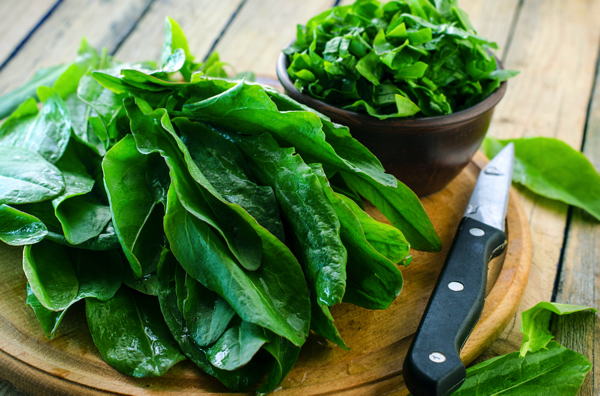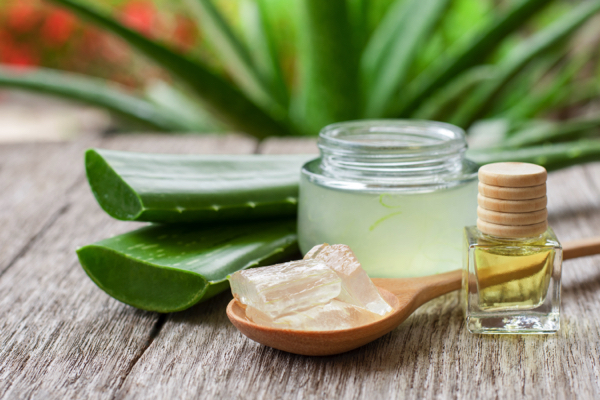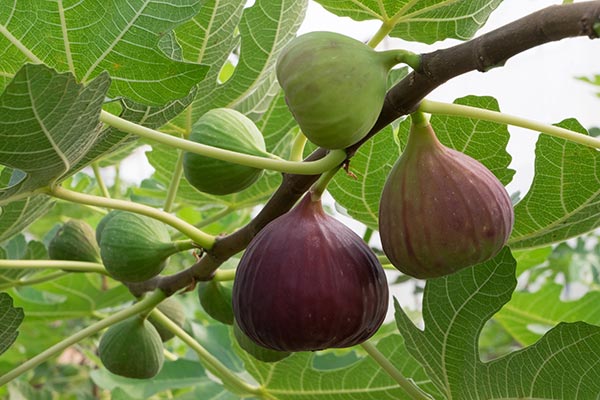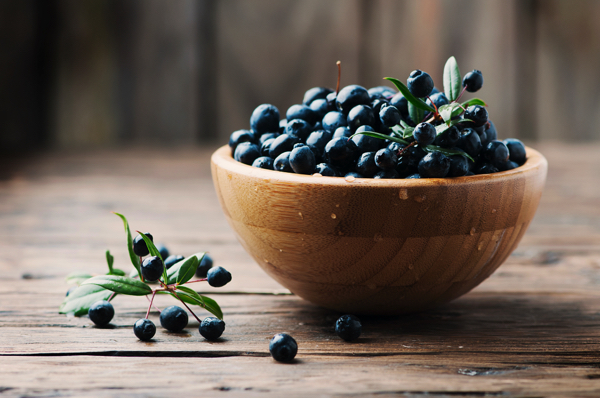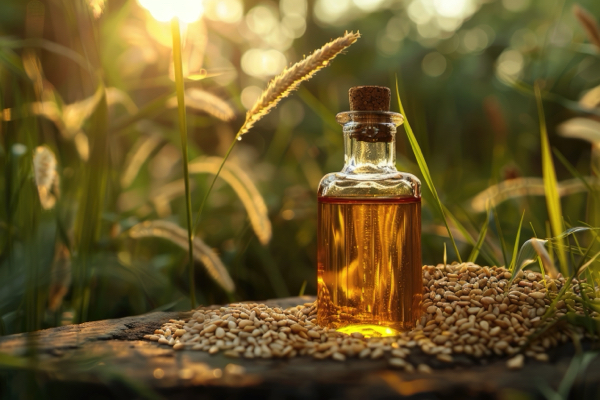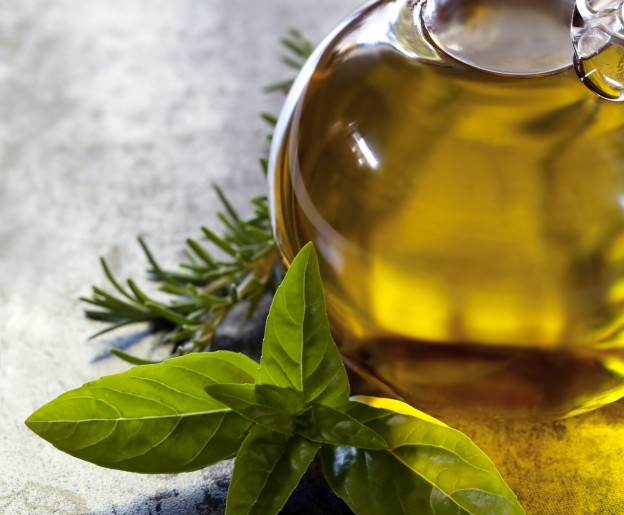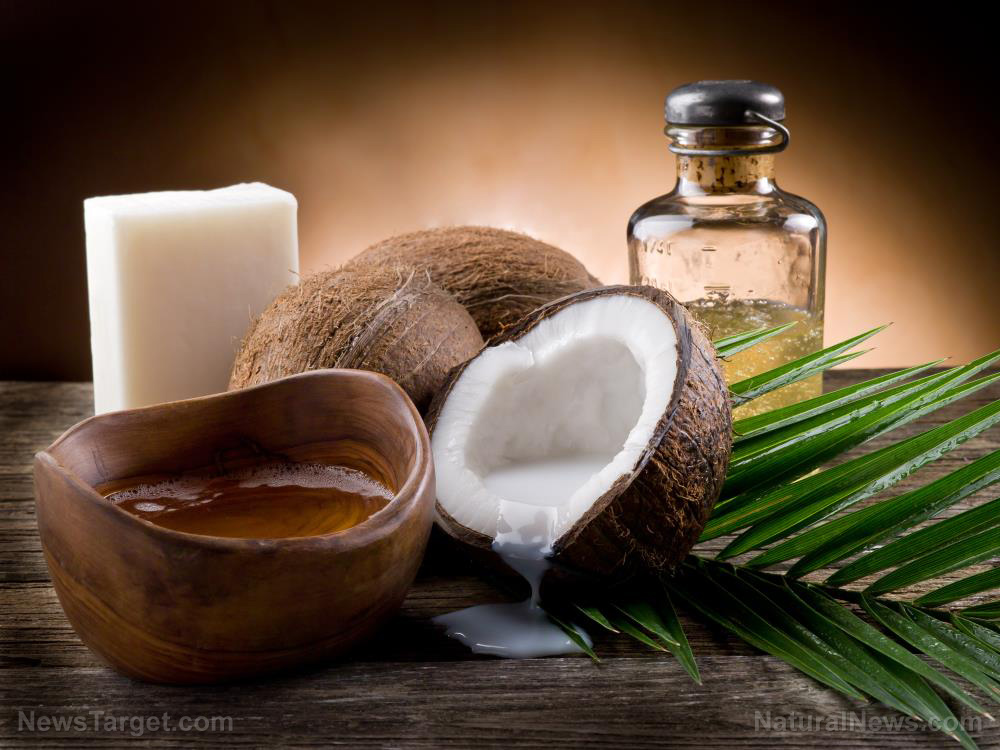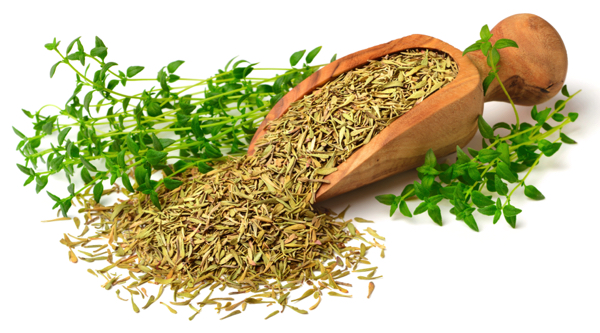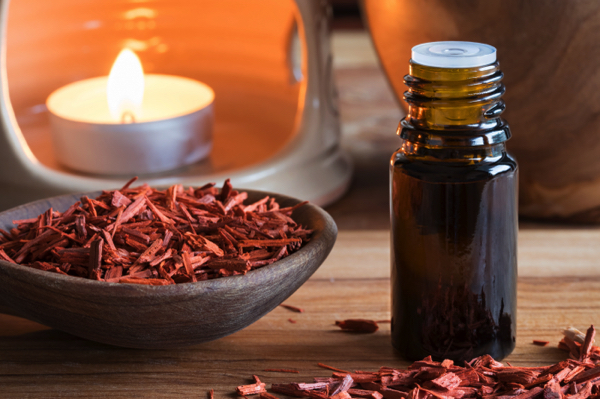A closer look at the health benefits of capers
12/04/2024 / By Olivia Cook
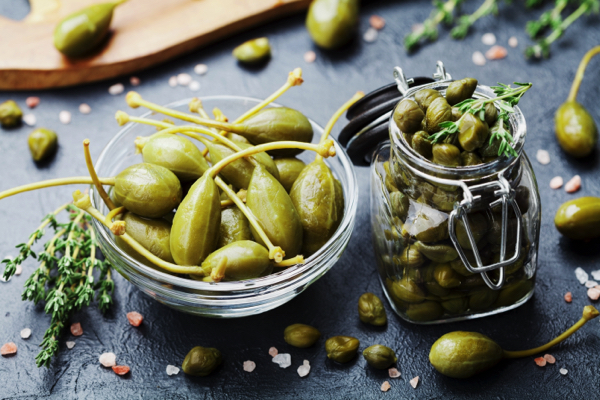
Capers are the unripened flower buds of the caper bush Capparis spinosa, a plant native to the Mediterranean region. Revered for their unique flavor, capers have been used for centuries in cuisines worldwide. Ancient Greeks valued them for their medicinal properties.
These buds are typically dried and pickled in brine, vinegar or salt, creating their signature tangy taste reminiscent of green olives. While small capers are firm and less aromatic, their mature counterparts boast a more tender texture and robust flavor. Despite their modest appearance, capers are a nutritional powerhouse that offer a lot of health benefits.
Fights chronic inflammation
Chronic inflammation is at the root of many health problems, including arthritis, cancer, diabetes and heart disease. Capers are rich in compounds that naturally curb inflammation.
Alkaloid and flavonoids, such as quercetin, inhibit pro-inflammatory enzymes like cyclooxygenase (COX) and reduce cytokines – molecules that signal inflammation. This mechanism is similar to how over-the-counter (OTC) anti-inflammatory drugs work but with a natural twist.
Sulfur compounds in capers, including glucosinolates and isothiocyanates, modulate inflammatory pathways. These bioactives suppress NF-kB, a protein complex that plays a key role in chronic inflammation – providing relief for conditions like rheumatoid arthritis and inflammatory bowel disease. (IBD).
Offers antioxidant protection
Capers are rich in antioxidants, particularly flavonoids, like kaempferol, quercetin and ruin. These compounds help neutralize free radicals – unstable molecules that can damage cells and contribute to aging and chronic diseases.
Kaempferol and quercetin add another layer of defense against oxidative stress by chelating metal ions, such as copper and iron, that catalyze oxidative stress.
Quercetin is a potent antioxidant with anti-inflammatory, anticancer and antihistamine properties. It stabilizes cells that release histamine – helping to manage allergic reactions while reducing inflammation throughout the body,
Rutin strengthens blood vessels – improving circulation and reducing the risk of vascular conditions like varicose veins.
Protects against foodborne pathogens
Bioactive compounds, particularly furans and pyrroles, disrupt bacterial cell walls and inhibit fungal growth – making capers a natural ally against foodborne pathogens and minor infections.
Supports bone health
Healthy bones require more than just calcium, and capers deliver a holistic mix of nutrients that support bone density and strength.
Essential for building and maintaining bone tissue, calcium in capers helps reduce the risk of fractures. Vitamin K in capers regulates calcium absorption and deposition – preventing calcium buildup in blood vessels and redirecting it to bones where it is needed most. Magnesium in capers supports bone mineral density while iron aids in the production of collagen – the framework for strong bones.
Helps regulate blood sugar levels
Compounds like quercetin enhance the efficiency of insulin – allowing glucose to be absorbed more effectively by cells. The fiber in capers slows carbohydrate digestion, preventing blood sugar fluctuations.
Capers’ stabilizing effects on blood sugar can be a natural aid for prediabetes or Type 2 diabetes, though moderation is key to avoiding interactions with medications.
Supports digestive health
Although small in quantity, the fiber in capers promotes regular bowel movements and feeds beneficial gut bacteria. Sulfur compounds in capers activate liver enzymes that help neutralize and eliminate toxins, reducing the toxic burden on your digestive system.
Their tangy flavor stimulates digestive juices, aiding in the breakdown and absorption of nutrients – making capers a perfect addition to meals for digestive support.
Supports hair health
One of the standout components in capers is vitamin B2 or riboflavin, a key player in enhancing scalp circulation. By facilitating the transport of oxygen and vital nutrients to hair follicles, riboflavin helps maintain hair that is healthy, shiny and strong.
Additionally, riboflavin plays a crucial role in the breakdown and absorption of nutrients during digestion. This improved nutrient assimilation ensures that your body delivers the building blocks necessary for robust hair growth to the follicles.
Iron is another critical nutrient in capers – vital for preventing hair thinning. Iron ensures an adequate oxygen supply to the hair roots, which is essential for sustaining active hair growth. Without sufficient oxygen, hair follicles can weaken, leading to slower growth and potential hair loss.
Supports heart health
Flavonoids in capers, such as quercetin, protect the endothelium (the inner lining of blood vessels) from oxidative damage – helping maintain elasticity and reducing the risk of hypertension. Rutin promotes healthy blood flow by inhibiting platelet aggregation – reducing the risk of clots that can lead to cardiac events like heart attacks and stroke. Antioxidants in capers combat low-density lipoprotein (“bad” cholesterol) oxidation, which is a critical factor in the development of atherosclerosis (artery hardening).
Capers complement a heart-friendly diet (like the Mediterranean diet) – enhancing heart and cardiovascular benefits while adding flavor.
Supports skin health
Flavonoids like kaempferol and quercetin combat oxidative stress caused by ultraviolet radiation and environmental pollutants, slowing down the aging process by preserving collagen and elastin in the skin. Capers’ anti-inflammatory compounds reduce acne, irritation and redness, making them beneficial for acne-prone and sensitive skin. Vitamins and minerals in capers contribute to skin barrier repair, keeping skin hydrated and plump.
Helps manage weight
Capers’ tanginess can replace high-calorie condiments, helping to reduce overall caloric intake. The small amount of fiber in capers contributes to feeling full, which can prevent overeating.
Adding capers to protein dishes, salads and snacks can keep your taste buds satisfied without compromising your weight-loss goals.
While capers boast impressive health benefits, their high sodium content warrants moderation. Rinsing capers before consumption can reduce sodium levels significantly, making them a safer choice for those with hypertension or kidney issues.
Watch this video about how to grow, pick and preserve capers.
This video is from the Health with Benefits channel on Brighteon.com.
More related stories:
Capers have been used in food and medicine for thousands of years.
Study: Eating foods high in flavonols (like quercetin can help you stay strong as you age.
Wild foods you can forage and pickle for long-term storage.
Sources include:
Submit a correction >>
Tagged Under:
alternative medicine, anti-inflammatory, antioxidants, blood sugar, bone health, capers, digestion, fight obesity, food as medicine, food cures, functional food, hair health, heart health, natural cures, natural health, natural medicine, naturopathy, phytonutrients, remedies, skin health, slender
This article may contain statements that reflect the opinion of the author
RECENT NEWS & ARTICLES
COPYRIGHT © 2017 COSMETICS NEWS

